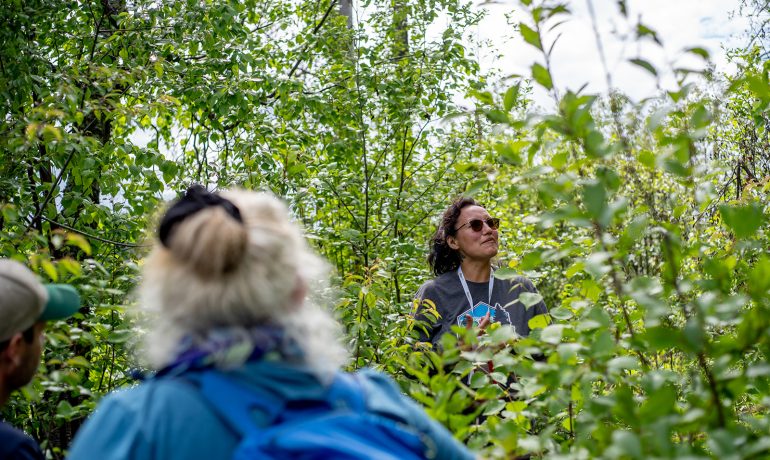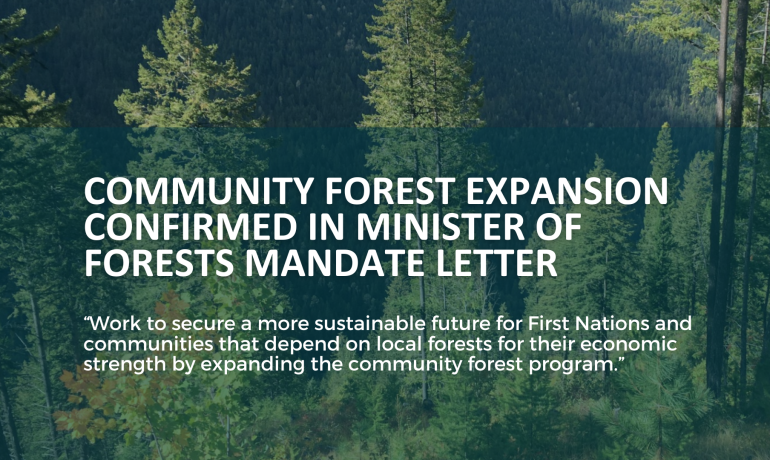100 MILE HOUSE, B.C.: The Forest Enhancement Society of B.C. (FESBC) is supporting three projects within the 100 Mile House Community Forest which will reduce wildfire risk in priority interface areas.
The 100 Mile House Development Corporation undertook a multi-phase project. The first phase assessed and identified wildfire risk and the second phase included the development of site-specific forestry. Implementation of various fuel management treatments falls under the third phase.
“In 2018, the focus of the 100 Mile Community Forest shifted from harvesting objectives to fuel management and fire break activities,” said Mitch Campsall, mayor, 100 Mile House. “We realigned our priorities to embark on an ambitious fuel management program with the help of FESBC.”
A phased project approach is important to ensure nothing is missed and the highest-risk areas are treated with the overall goal of achieving the surface fuel loadings desired by the B.C. Wildfire Service.
“It takes time to do a project like this well and to make sure you’re achieving all the operational goals and desired outcomes on the landscape,” said 100 Mile House resident Ray Raatz, RPF, FESBC operations manager. “The whole intention is to change fire behaviour, getting the fire to move from high-intensity crown fire to a low-intensity ground fire to make it easier to suppress or put out, thereby reducing the overall risk to the community. This project is consistent with FESBC’s purpose of wildfire risk reduction and mitigation and aligns with existing community strategies.”
FESBC approved $60,000 for the first project where 30 fuel break units within 1,125 hectares were assessed in areas surrounding the communities of 100 Mile House, Horse Lake, and Lone Butte. A second project saw more than $140,000 allocated toward prescription development and treatment activities adjacent to subdivisions in the Horse Lake Area.
The third project funded by FESBC for more than $1.1M will support the continuation of prescriptions and treatments on other priority areas identified in earlier planning work, with activities starting in 2019 and continuing into 2022.
“Funding from FESBC has been critical in all phases of this project,” said Campsall. “In fact, assessing, developing prescriptions, and treating these fuel treatment blocks would not be possible without the assistance of FESBC.”
For more information about this project:
For more information on the 100 Mile House Community Forest:
Joanne Doddridge, Director of Economic Development & Planning, District of 100 Mile House
250.395.2434 | jdoddridge@100milehouse.com
For more information on the Forest Enhancement Society of B.C.:
Aleece Laird, Communications Liaison, Forest Enhancement Society of B.C.
250.574.0221 | communications@fesbc.ca
Related Post
As Published in Canadian Forest Industries Magazine, Pulp & Paper Magazine and Canadian Biomass Magazine
Jennifer Gunter’s Op Ed, “Community Forests: Rooted in Community,
Minister of Forests Mandated to Expand BC’s Community Forest Program
In the recently released mandate letter to the Minister



